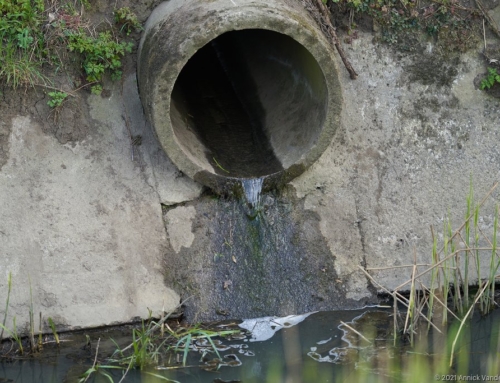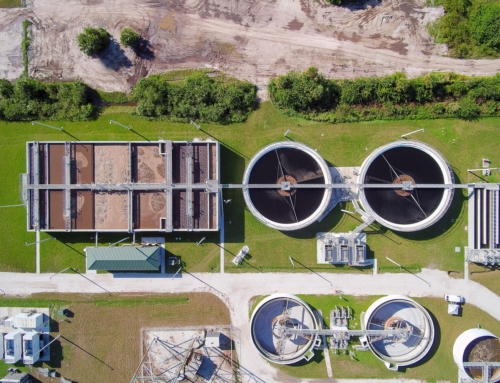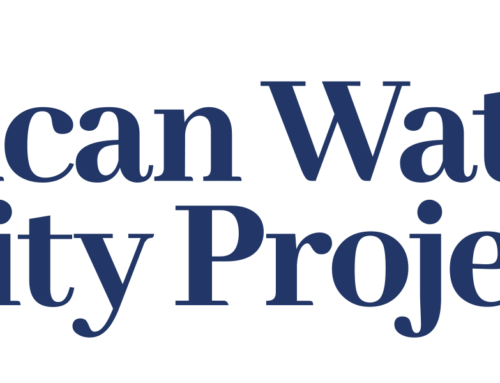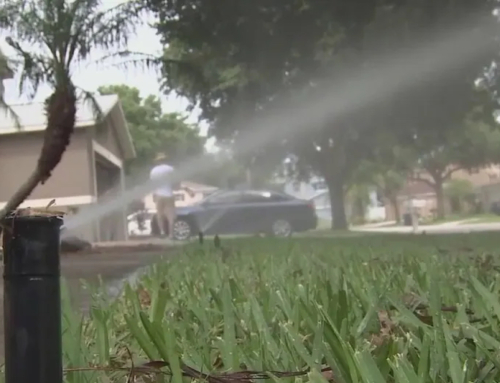Authored by the American Water Security Project’s board member Nicole Kirchhoff, “House report shows way to help environment at limited cost” originally appeared in the Orlando Sentinel July 8, 2020.
On June 30, the U.S. House’s Select Committee on the Climate Crisis, chaired by Rep. Kathy Castor (D-Tampa), released a 500-plus page report that will serve as the “blueprint” for addressing climate pollution and building resilience into America’s communities.
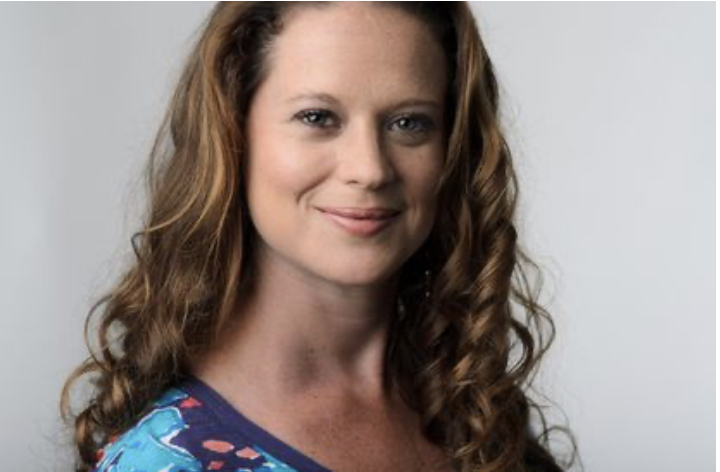
American Water Security Project board member, Nicole Kirchhoff.
Arguably no state is more vulnerable to climate impacts than Florida, surrounded by rising seas, rising water temperatures, and the omnipresent specter of increasingly powerful hurricanes.
As a scientist and businesswoman in the aquaculture sector, I have a broader, deeper understanding of these threats than most people. This knowledge keeps me up some nights. As a scientist, mother of two young children, and business owner, it is infuriating to know that there are ways to mitigate these threats while growing and diversifying our economy, yet only to watch too little get done.
In terms of stopping greenhouse pollution from various sources, and for the sake of growing a clean-energy economy, the report authors suggest that a well-designed carbon pricing mechanism should be one aspect of a comprehensive plan to get to net-zero emissions. Florida and many other states are moving toward a future reliant completely on renewable energy — recently, two more large solar farms were announced that will provide power to six Florida cities. This transformation would happen more quickly, with more immediate economic and ecological benefits, if Congress put a price on carbon.
Importantly, the report notes carbon pricing must be designed carefully to be fair. A poorly designed climate pricing program could leave a coal-fired power plant spewing poison into communities of color and low-income communities already disproportionately burdened by pollution. The coal plant could continue operating because of carbon offsets by renewable energy investments in eclectic communities.
Acting sooner allows us to address climate challenges at the least possible cost and put the necessary investments in place in time to meet our climate goals. For example, climate change already makes the nation’s water quality issues even more dire, especially in Florida, where harmful algal blooms thrive off sewage nitrogen and other land-based sources, to the peril of industries as diversely important as fishing, tourism, and aquaculture.
Rising seas and increased flooding cause septic tanks to flush untreated effluent into our ground and surface waters. Increased flooding also causes “inflow and infiltration” of our sewer lines. The additional volume overwhelms our collection systems, forcing utilities to discharge raw or inadequately treated water, often into poor communities and/or into state waters.
Bigger, wetter hurricanes have two major impacts: additional sewage woes and water-management shortcomings. The worsening polluted discharges from Lake Okeechobee into the St. Lucie and Caloosahatchee rivers offer a horrific example of a water management system unable to cope with the impacts of climate change.
The Florida Legislature ashould be lauded for passing the Clean Waterways Act and Environmental Accountability Act during the 2020 session, and Gov. Ron DeSantis should be thanked for signing them into law. The bills, which enjoyed strong bipartisan support, enact some of the very policies suggested in the Select Committee report, including resilience in water infrastructure.
My hope is that Congress will work in a spirit of bipartisanship to enact the report’s policy recommendations, as the Florida Legislature did with the Clean Waterways Act.
Of course, all of these repairs and improvements come with price tags. As a businesswoman, the practice of adding to the national debt worries me profoundly. Again, there’s a better way, suggested in the report. We should carefully apply a price to carbon and appropriate those revenues to existing programs that put people back to work, building resilience, equity and equitability into communities, without growing government.
Let’s get to work.
Dr. Nicole Kirchhoff is the owner of Live Advantage Bait, an aquaculture facility. She is also a board member of the American Water Security Project.

